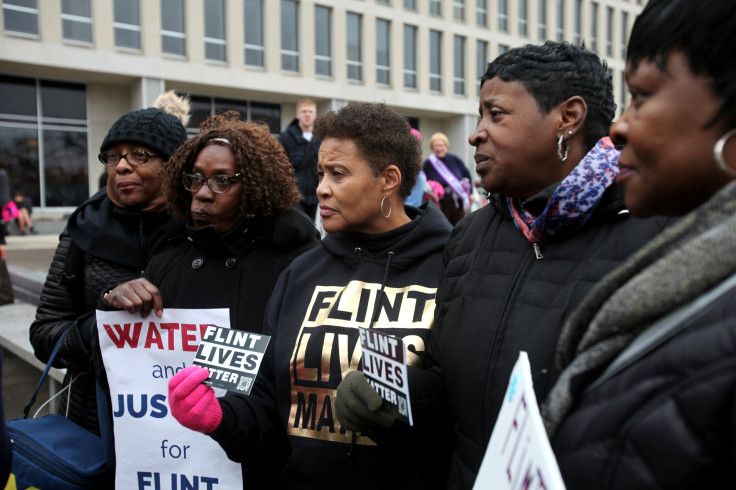Biden Admin Launches Strategy To Protect Drinking Water From Toxic Chemicals
The Biden administration has announced a new strategy for protecting the nation's water supplies from a toxic chemical that is found in common household products.
On Monday, the Environmental Protection Agency unveiled its plans for regulating PFAS — perfluoroalkyl and polyfluoroalkyl substances — pollution in rivers, wells, and other sources of water for American communities.
EPA Administrator Michael Regan described the initiative as a strategy that will play out at least through Joe Biden's term in office and as something long overdue.
“For far too long, families across America – especially those in underserved communities – have suffered from PFAS in their water, their air, or in the land their children play on,” said Regan.
Regan praised it as a "comprehensive national" strategy that will hold polluters accountable and protect those who are suffering most from tainted water.
In a factsheet released alongside the strategy, the EPA outlines the steps it will take to reduce PFAS pollution. A core tenet of the strategy will be about understanding the chemical in question, preventing it from entering the environment in the first place, and holding polluters accountable for any damages with a priority on serving underserved communities.
Among the means that the EPA will pursue is seeking a hazardous substance designation to financially penalize polluters, seek a drinking water safety standard that is enforceable, increasing monitoring and data collection, and a review of past actions on PFAS to determine which were the least protective.
The Biden administration has spoken about the challenges posed by tainted water supplies for communities across the country. Biden has cited instances like the lead pollution crisis in Flint, Michigan, that began in 2014 as justification for pursuing updates to infrastructure that would lessen the odds of seeing similar events happen again.
The disproportionate impact of these environmental crises on communities of color has also turned climate justice into an important plank of the Biden agenda.

PFAS is a chemical that is found in a variety of common household products which may underscore the difficulties that lie ahead for the EPA.
According to the Agency for Toxic Substances and Disease Registry, a small list of products that contain PFAS include nonstick cookware, stain-resistant carpets, waterproof clothes and even personal care products. Common ways of being exposed to PFAS include inadvertently ingesting it from contaminated water or eating foods that are packaged in material that contains PFAS.
Regan, who originally served as a top environmental official in North Carolina before moving to the EPA, said that PFAS has been a struggle for decades that is only now being addressed. In an interview with the Associated Press, he said that by going after the polluters, it would take the load off the “back of the American people” and move it to their source.
"We are holding the polluters accountable, and we’re using the full extent of our statutory authority to be sure that they pay for what they’ve done," said Regan.
© Copyright IBTimes 2025. All rights reserved.





















